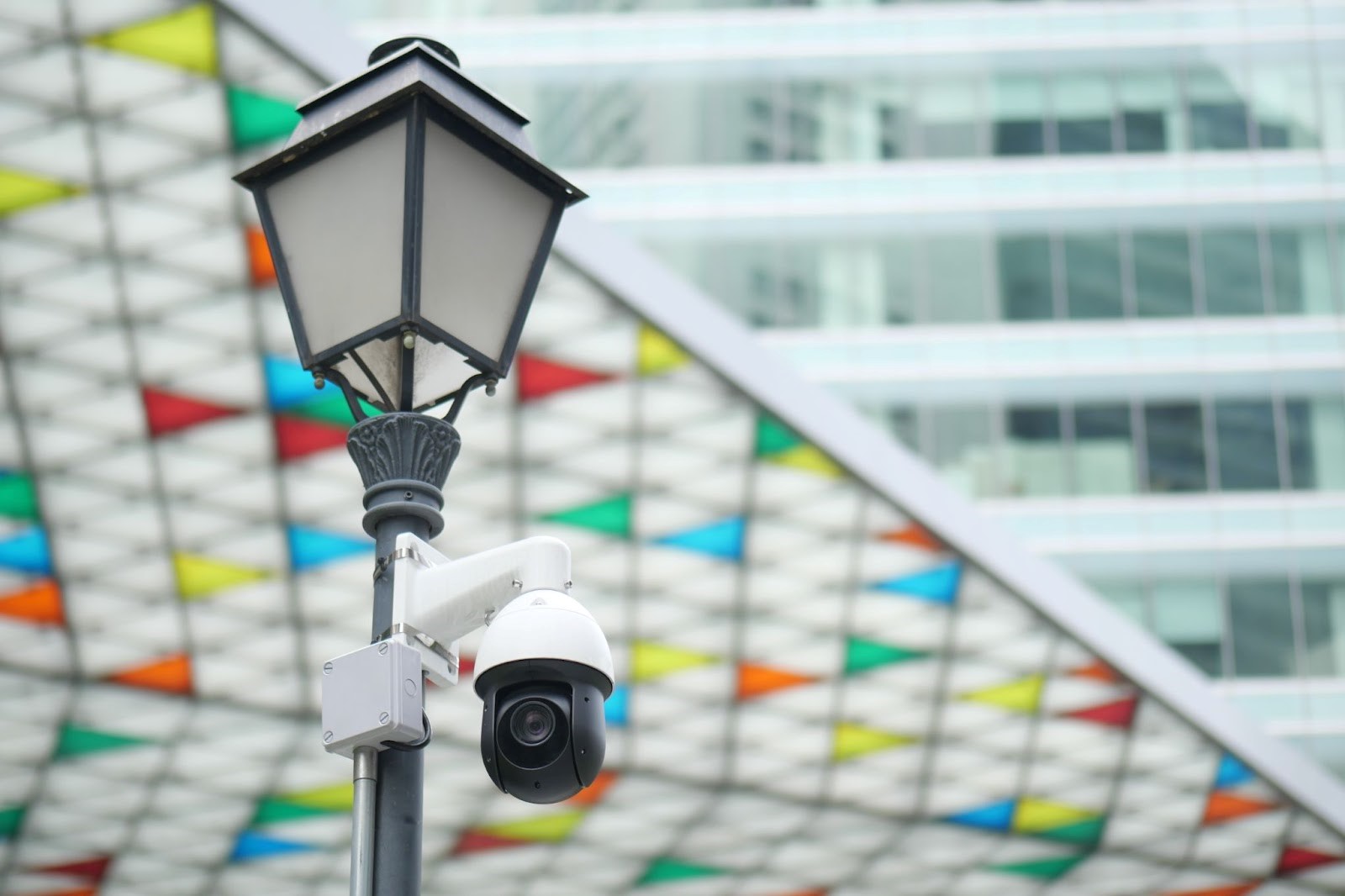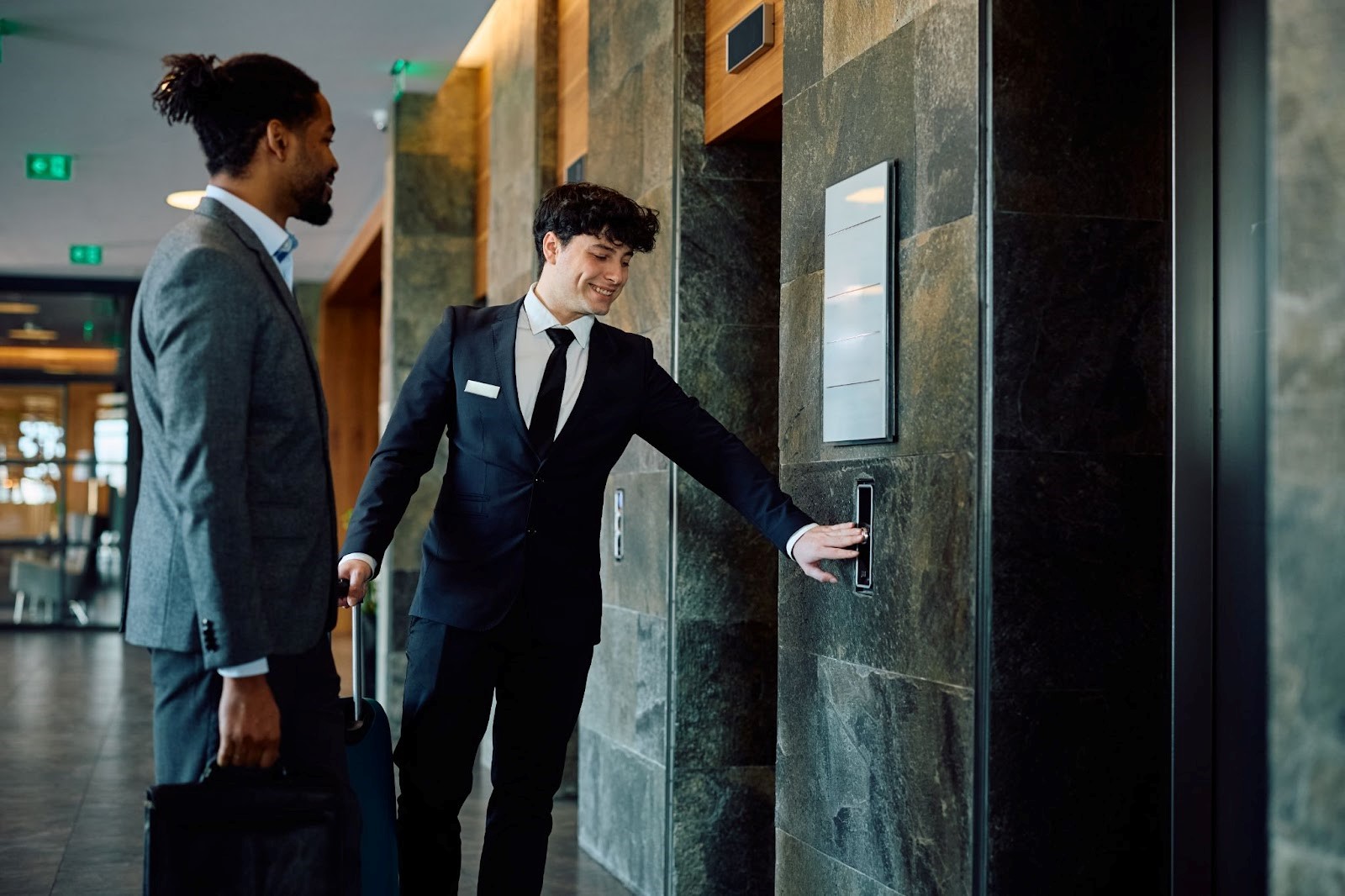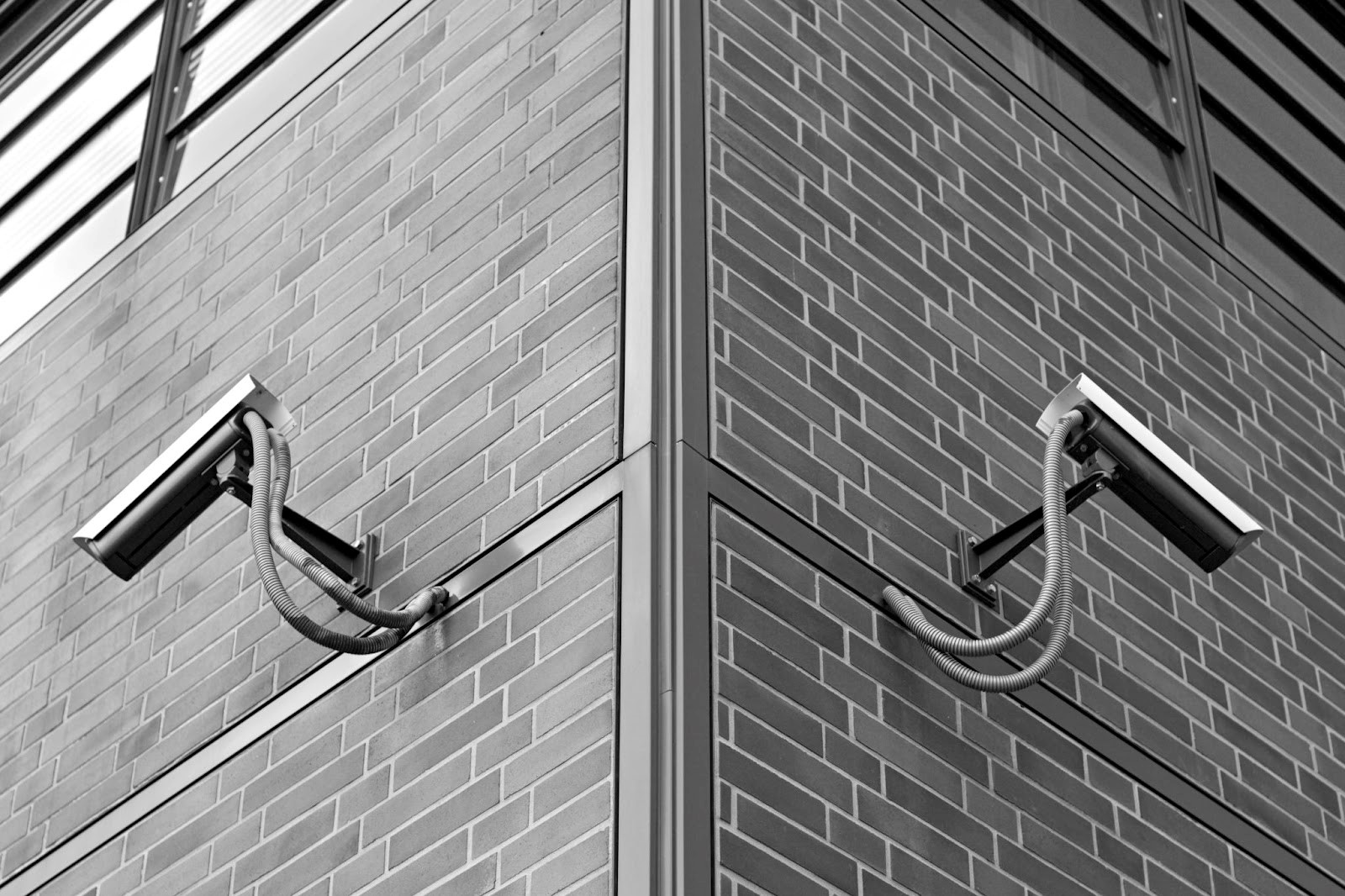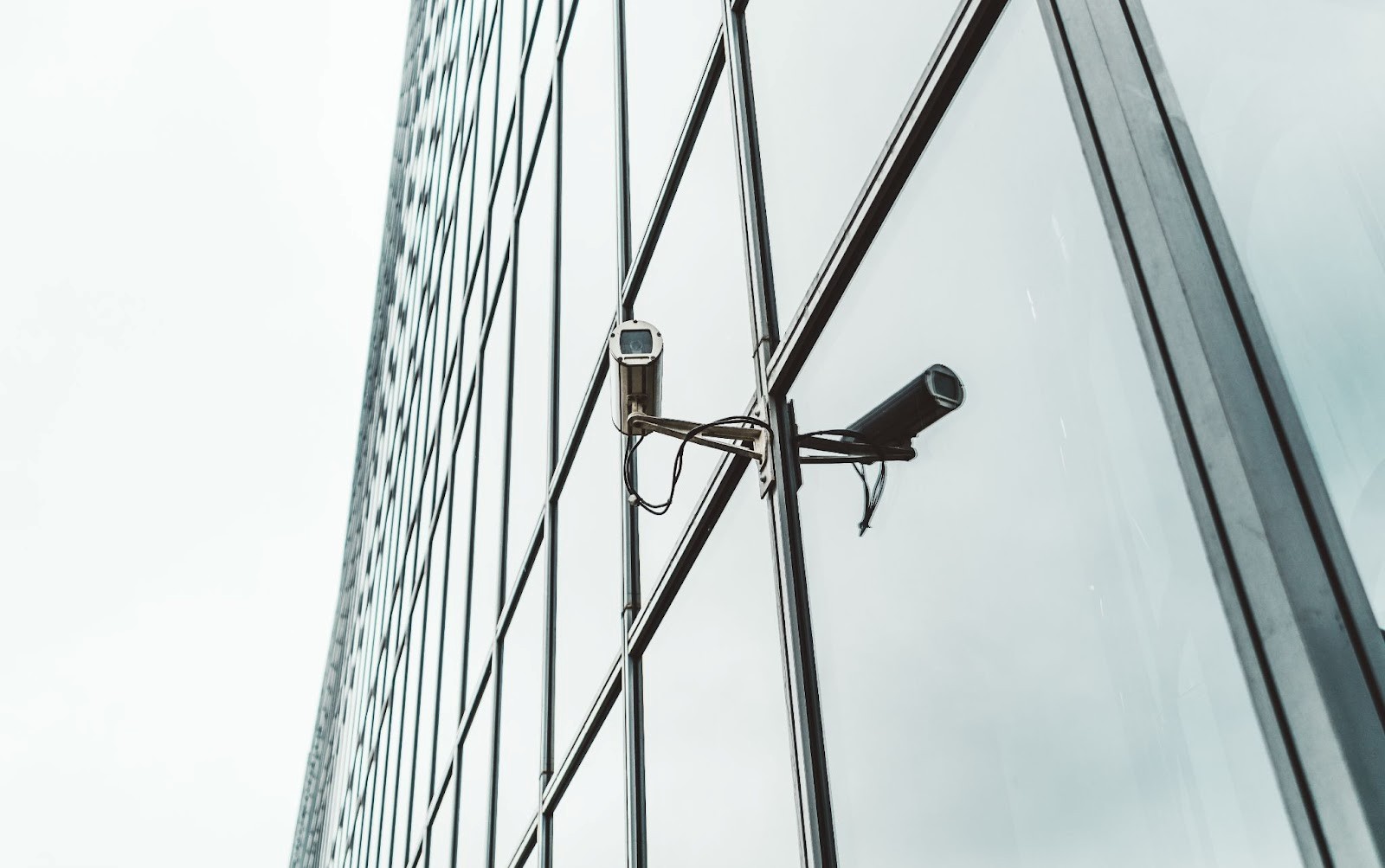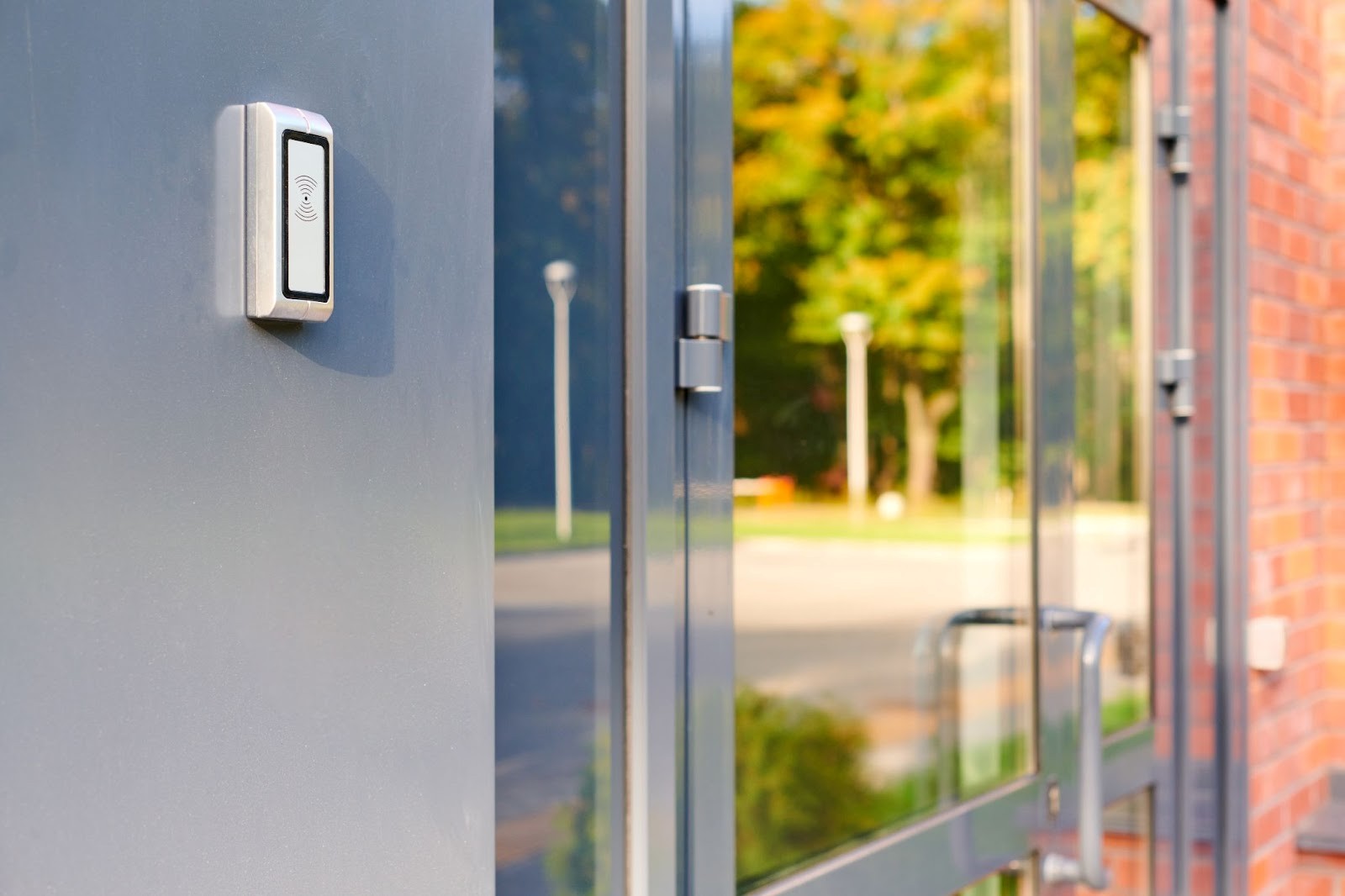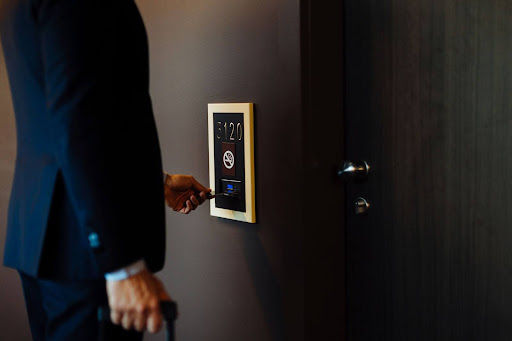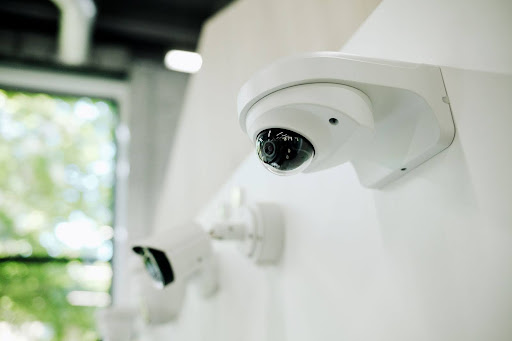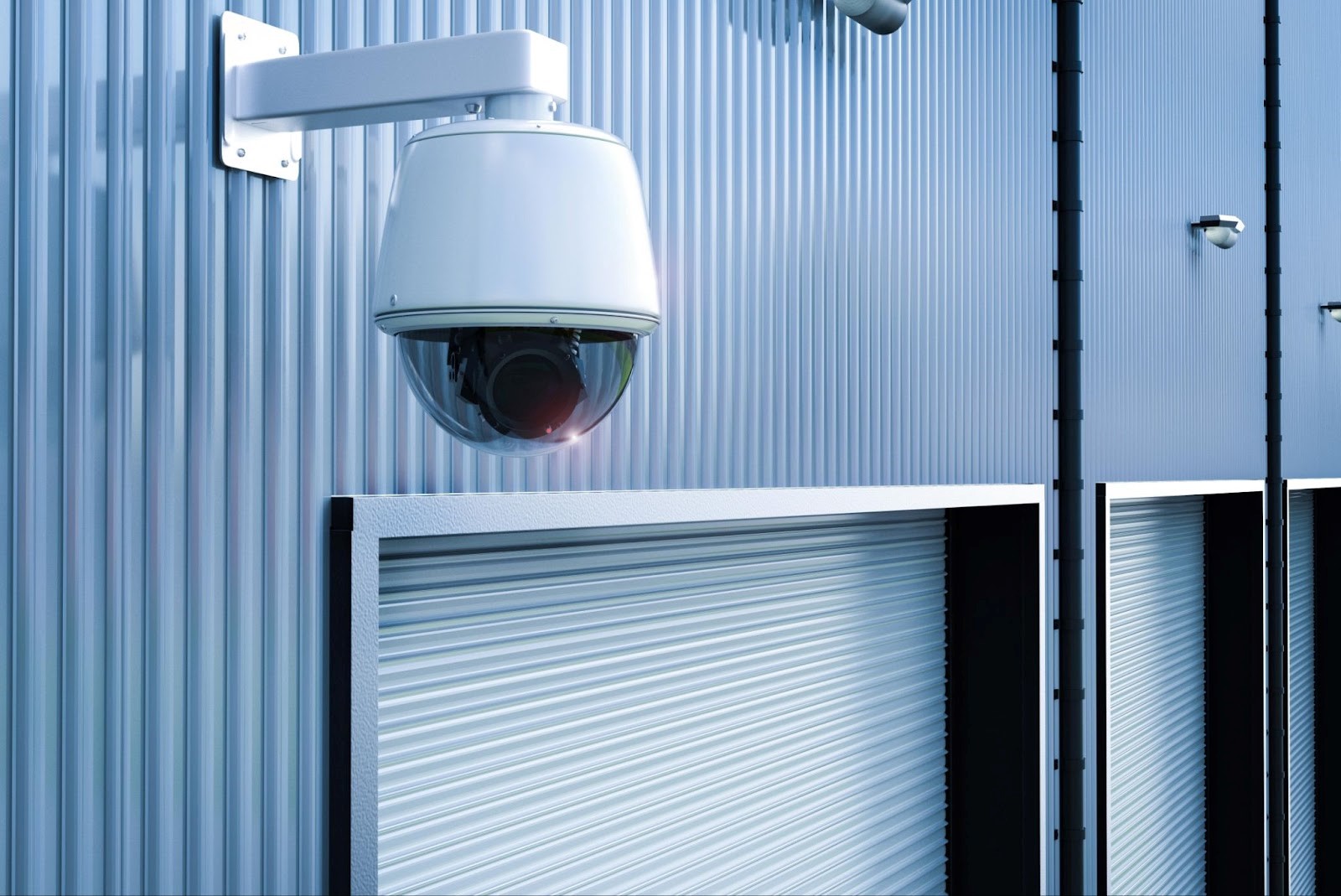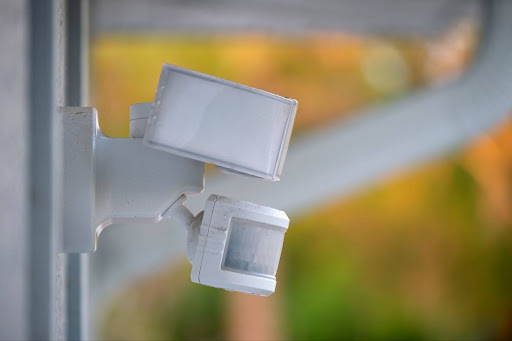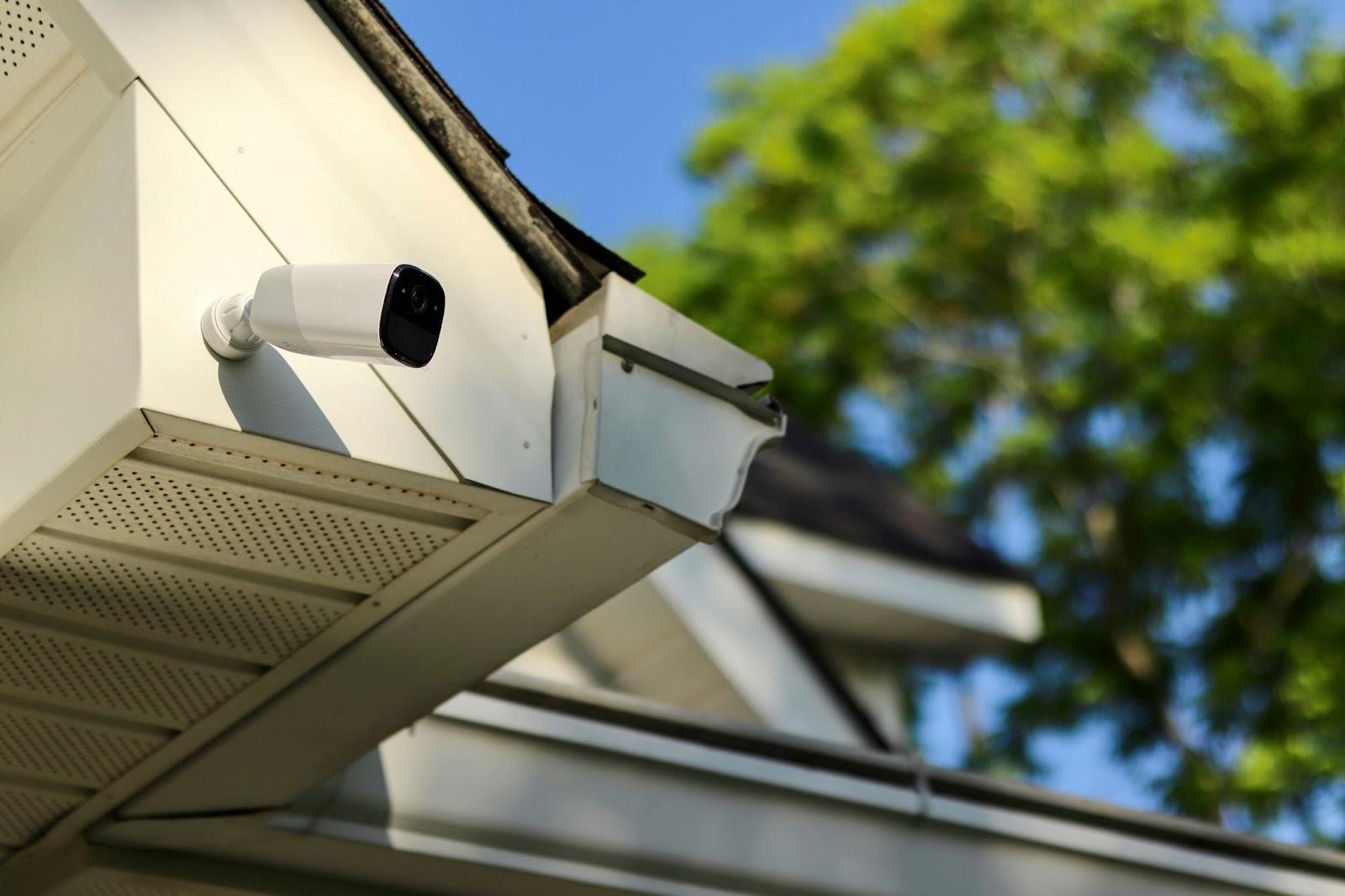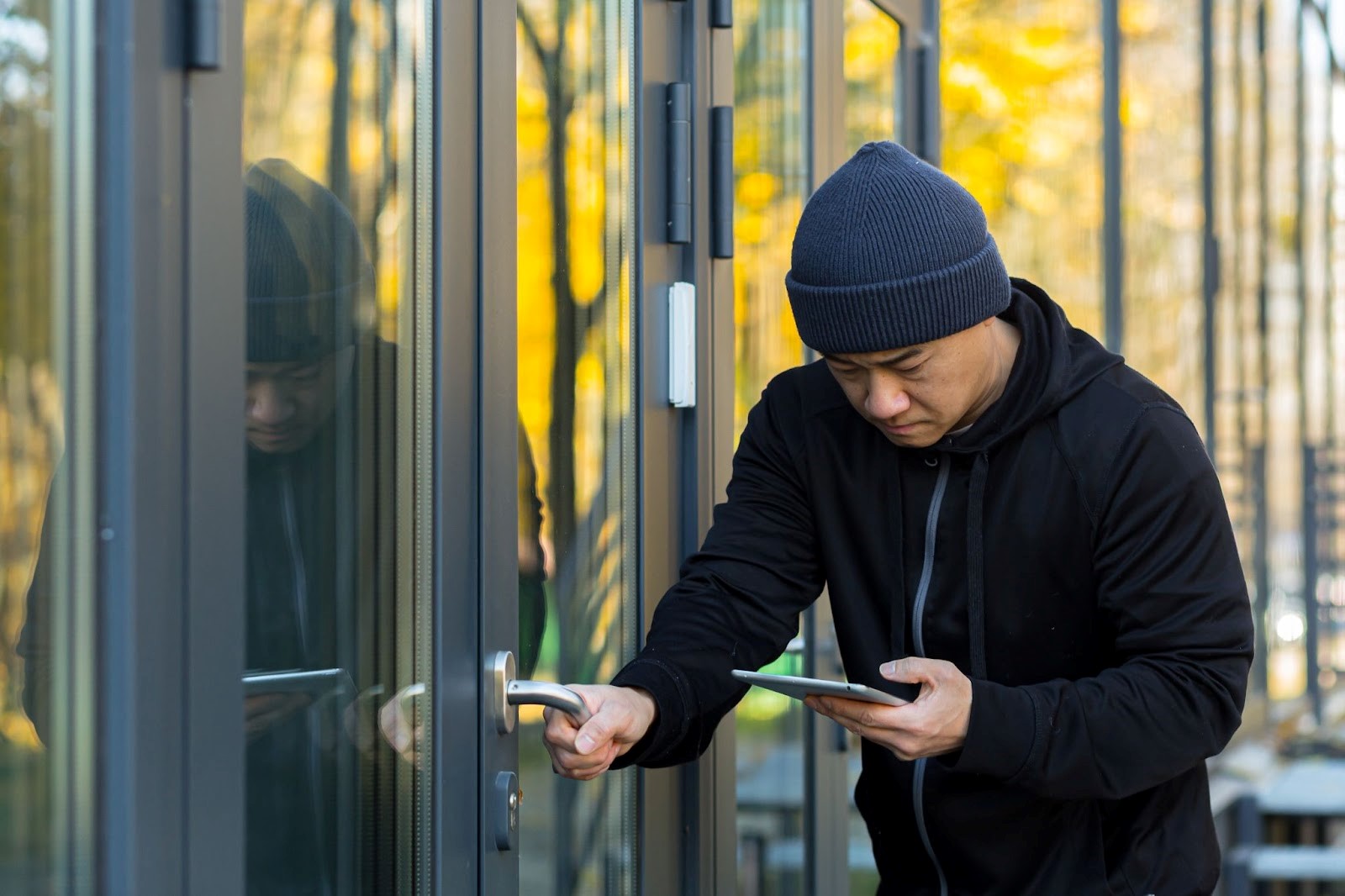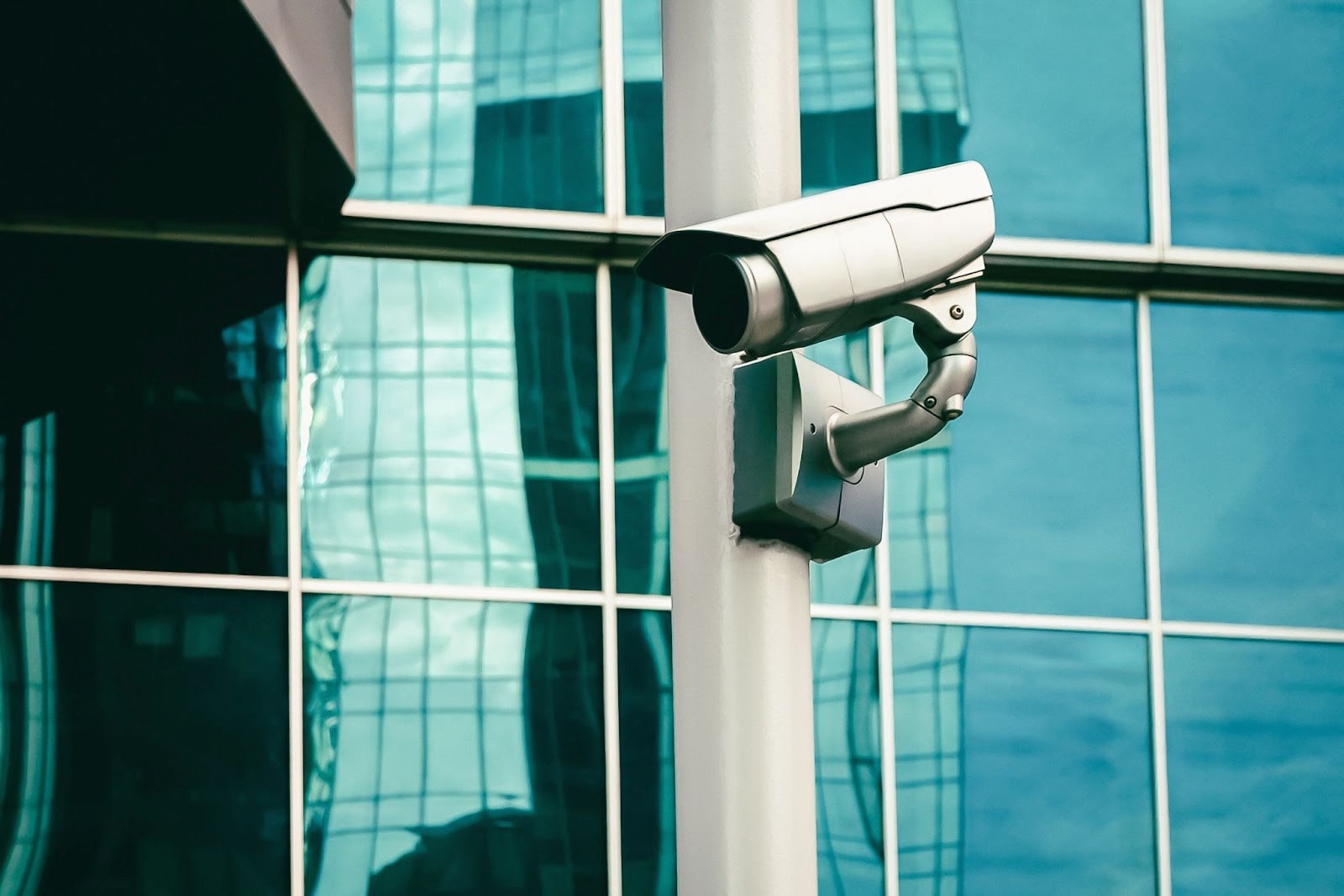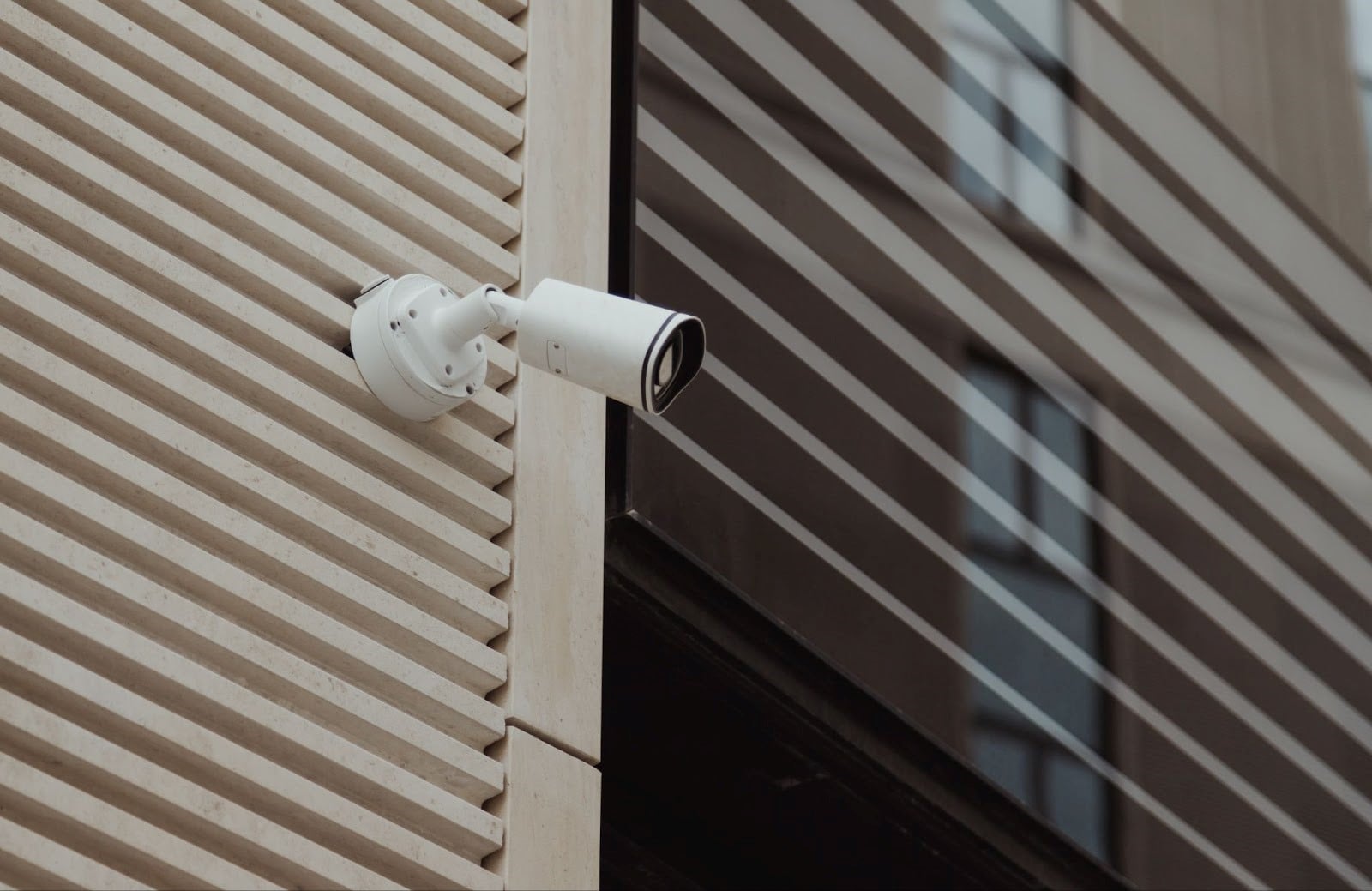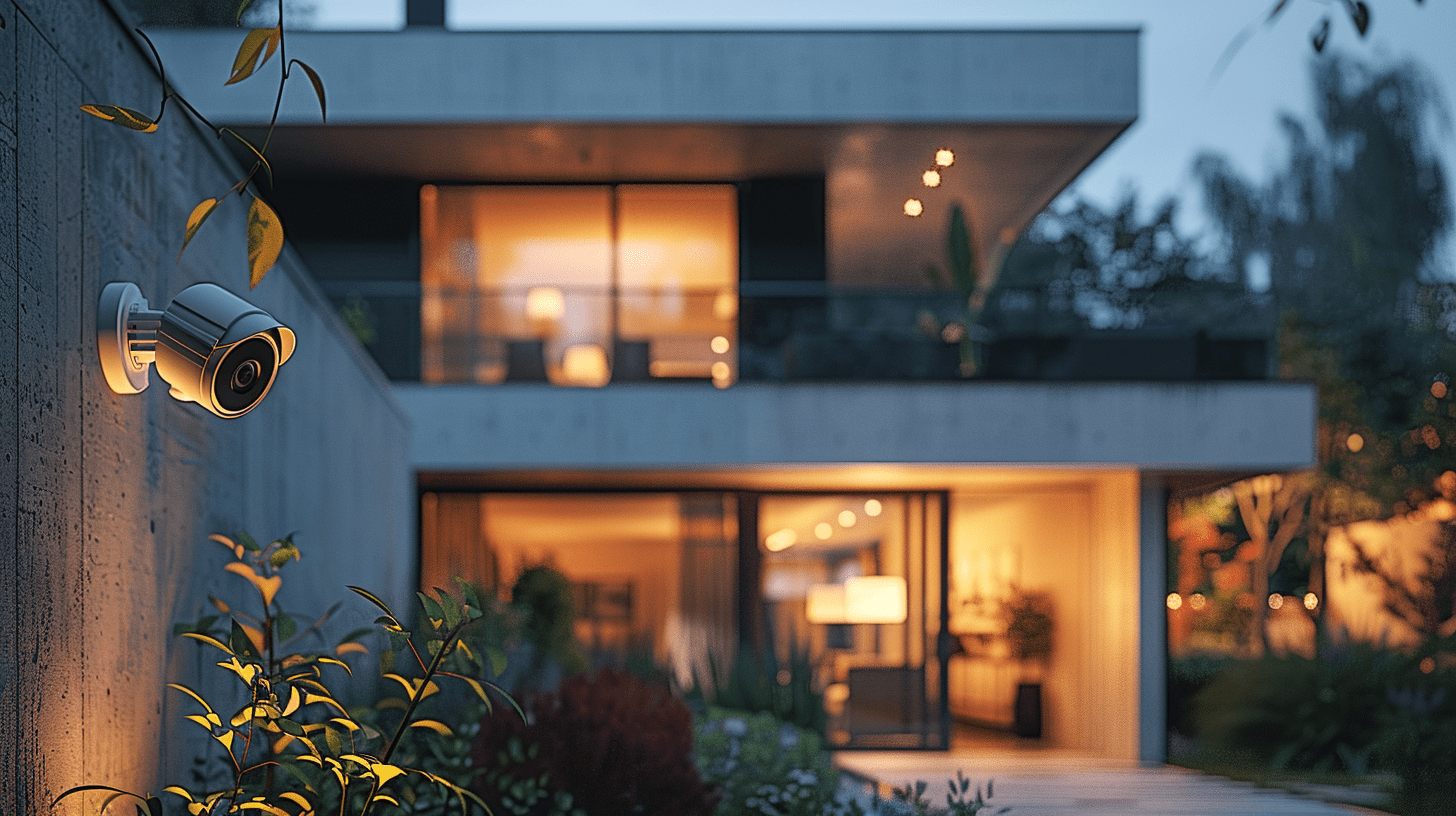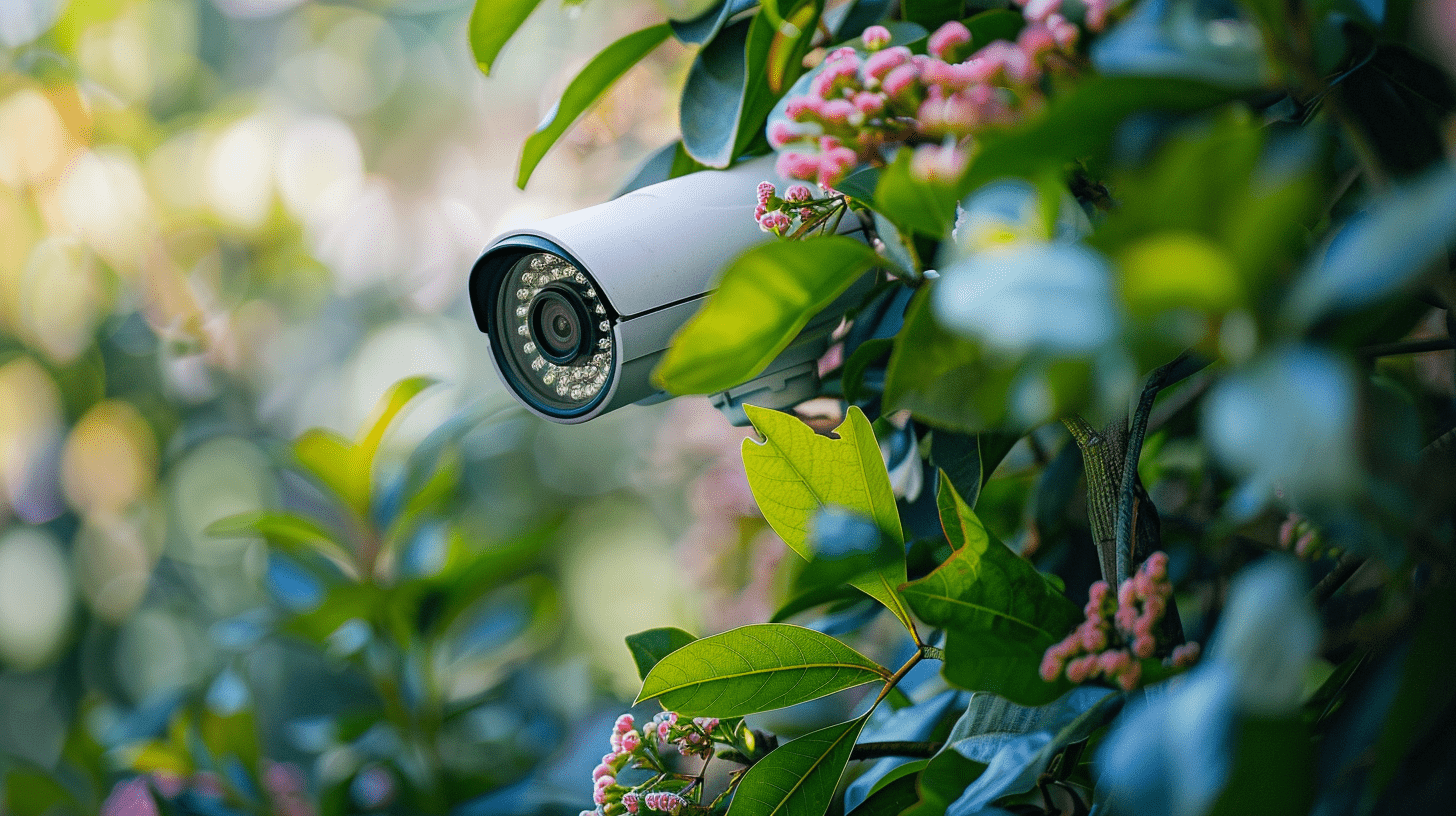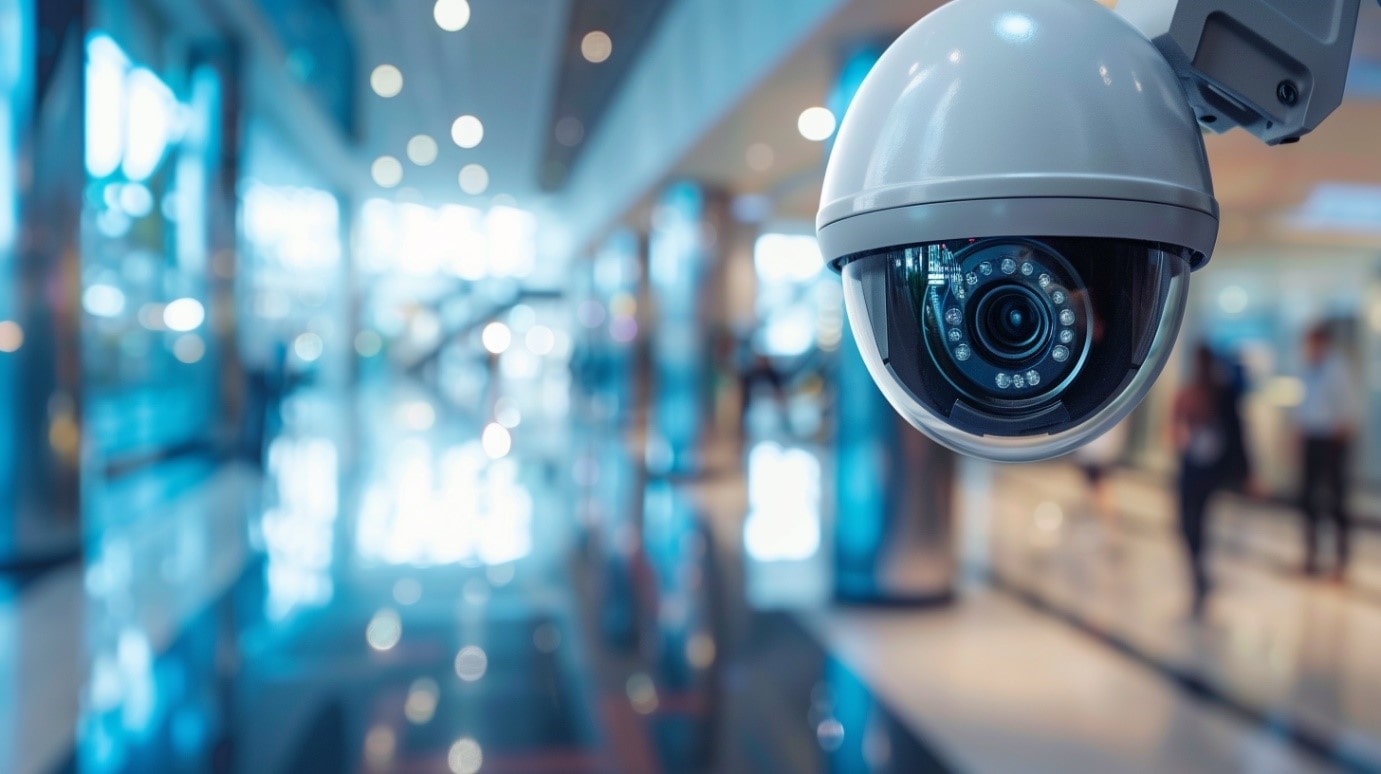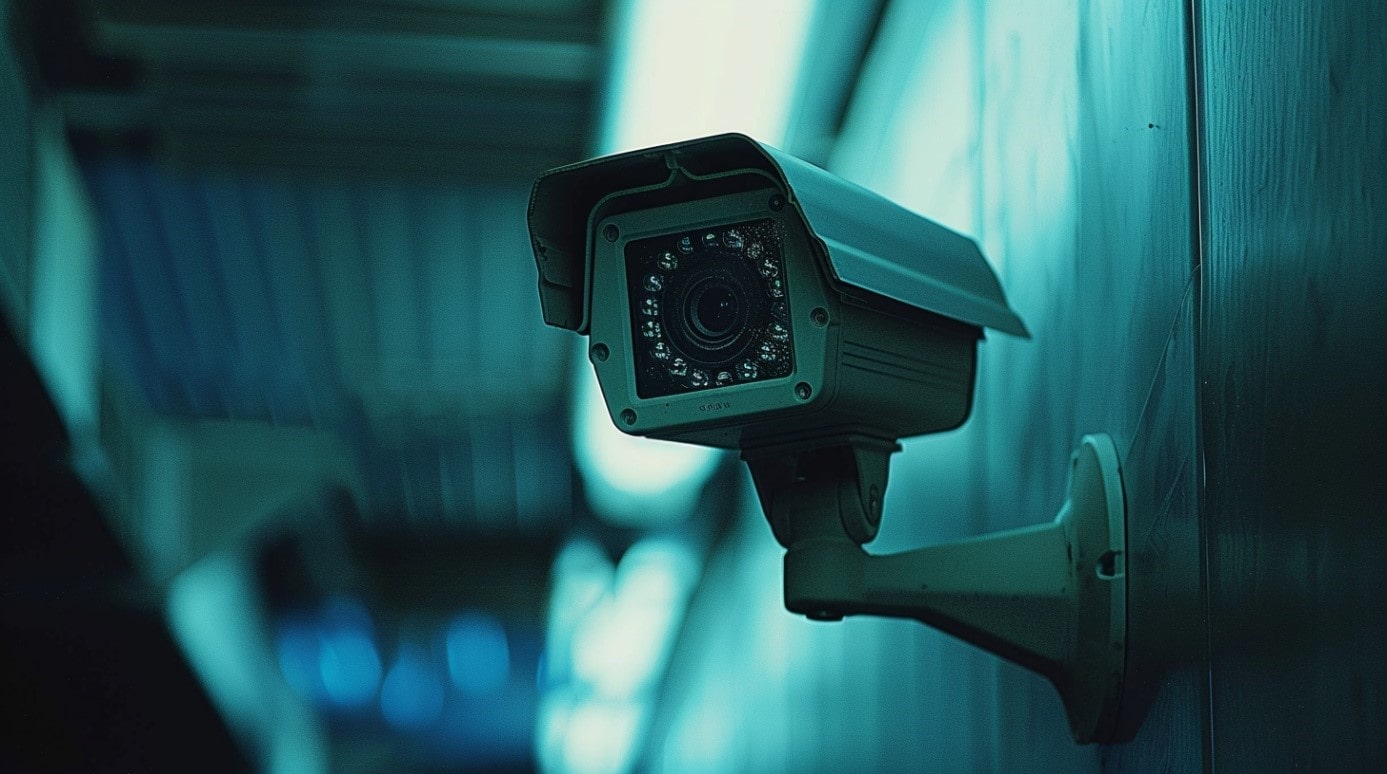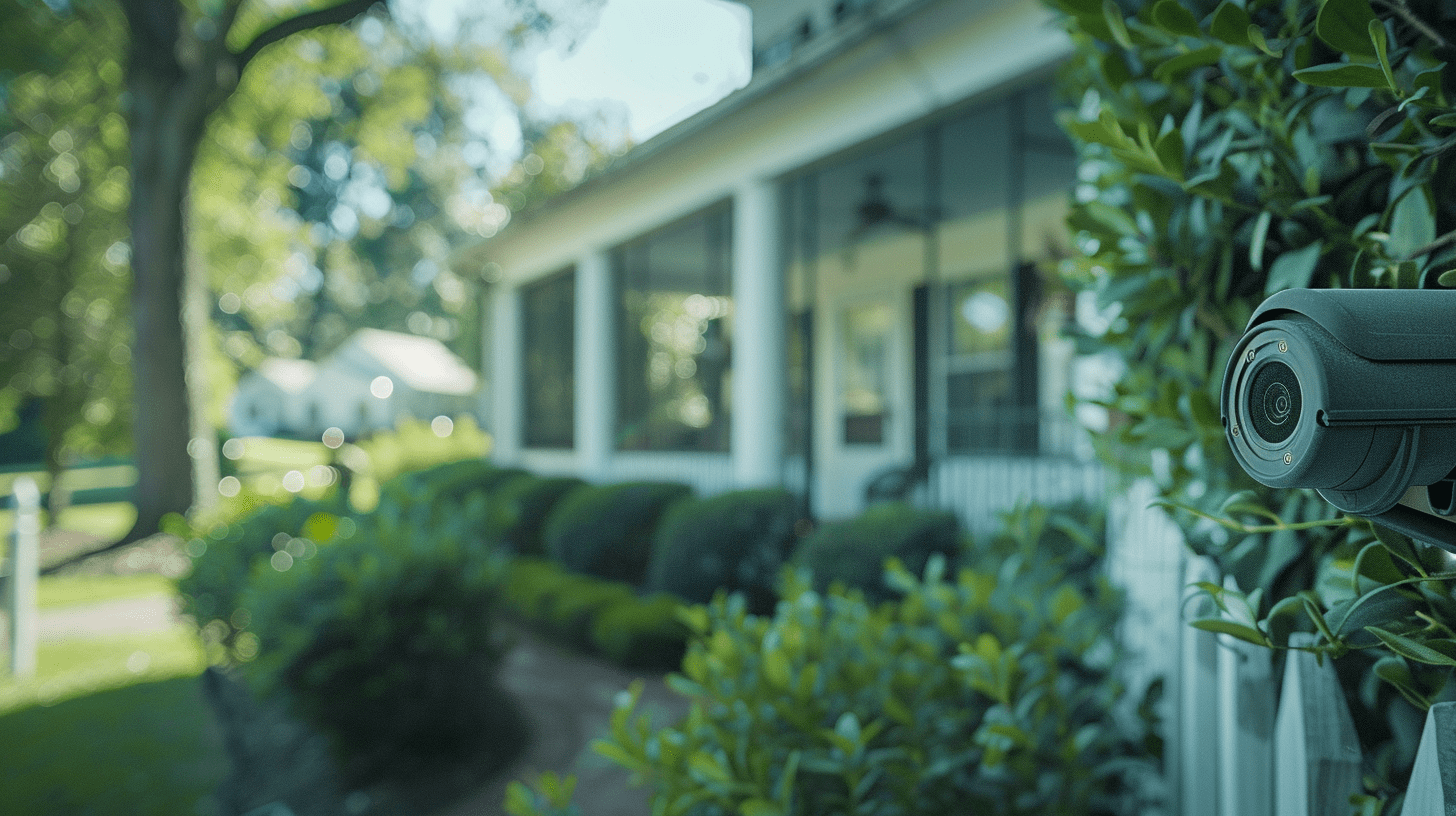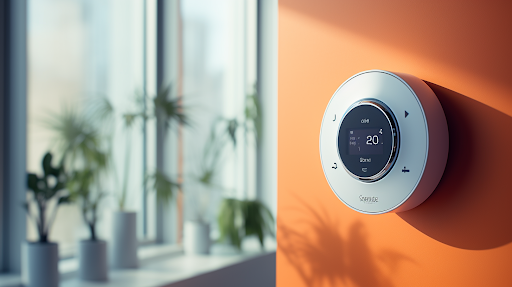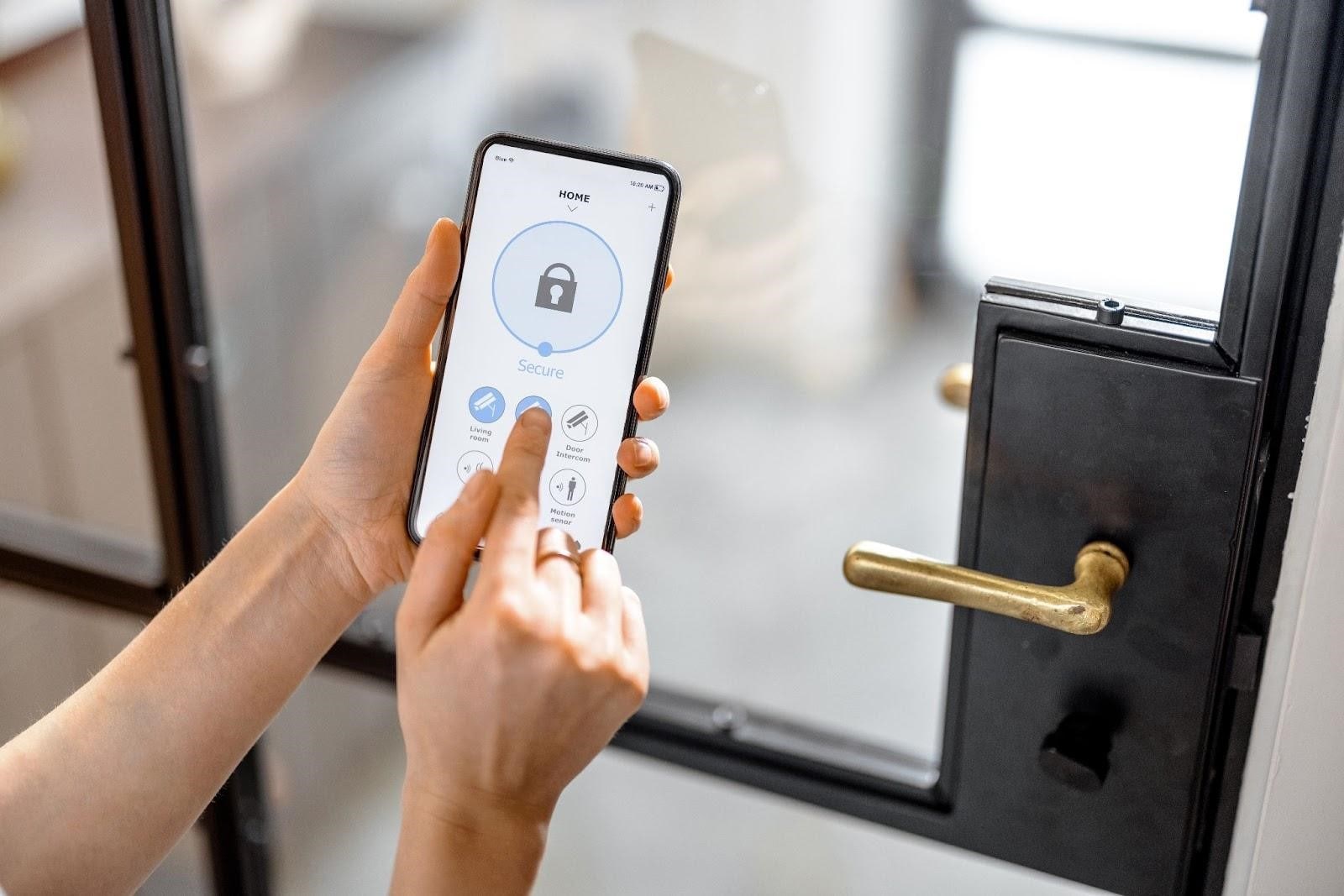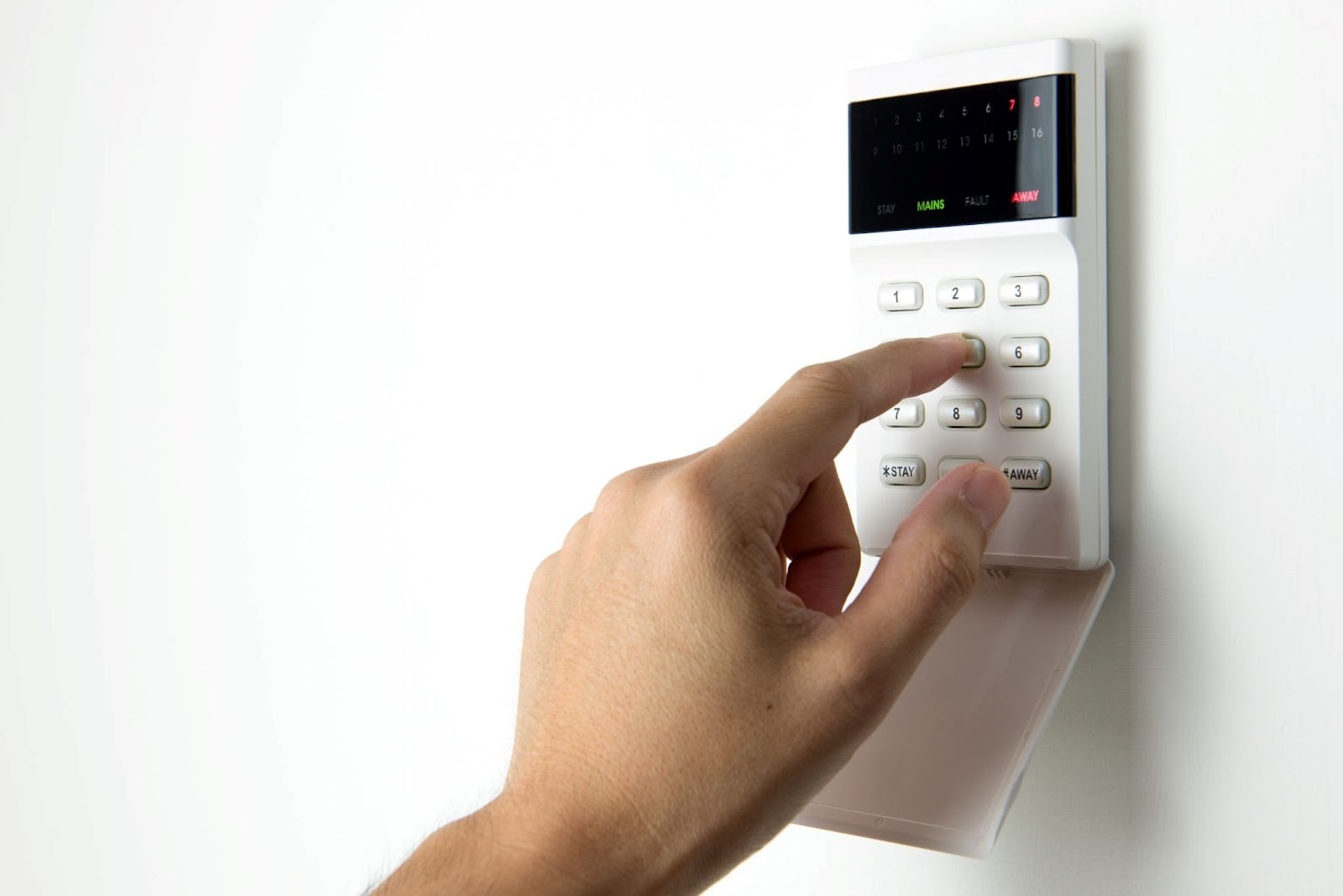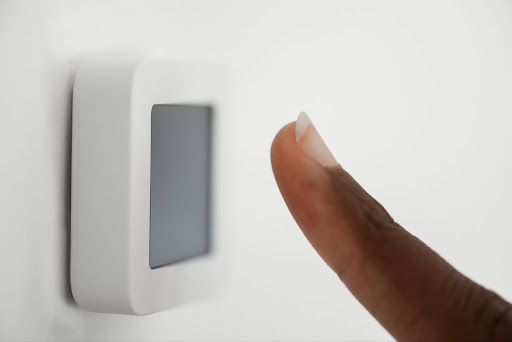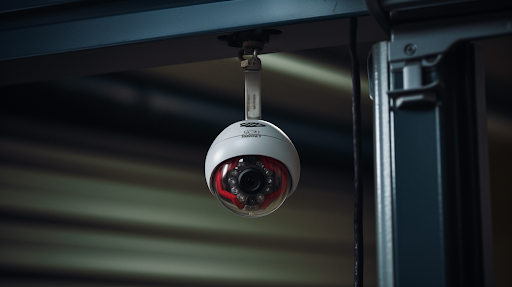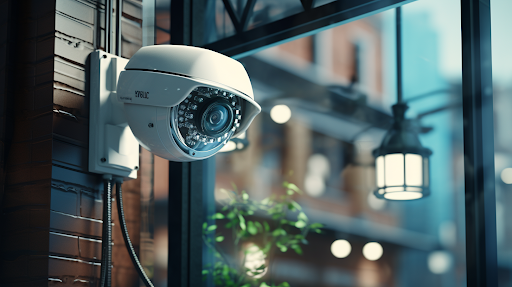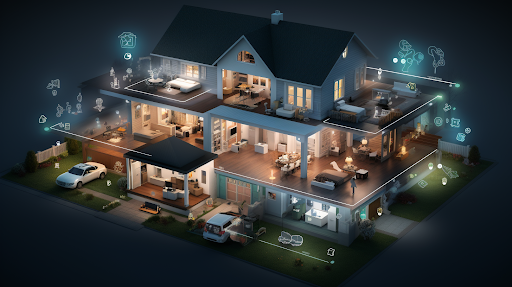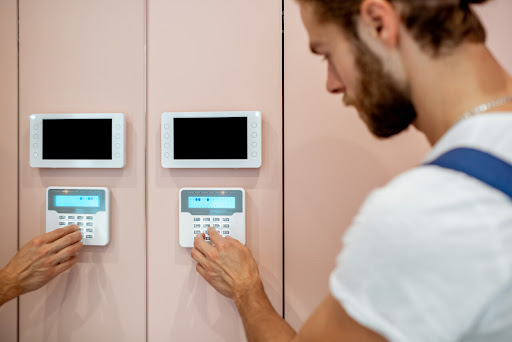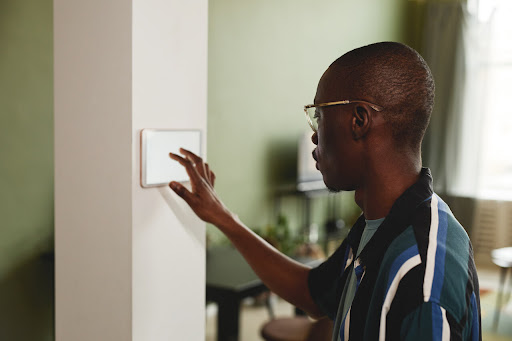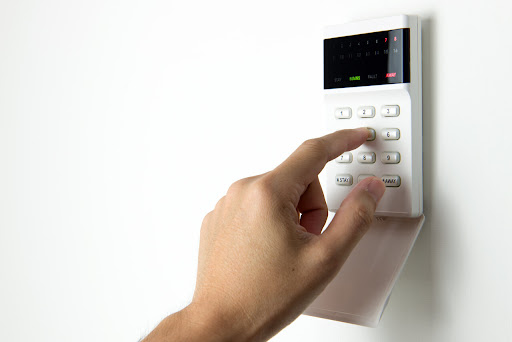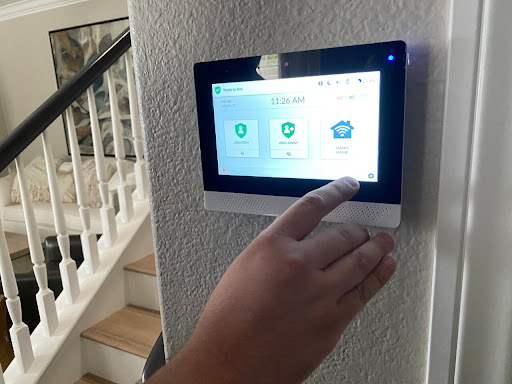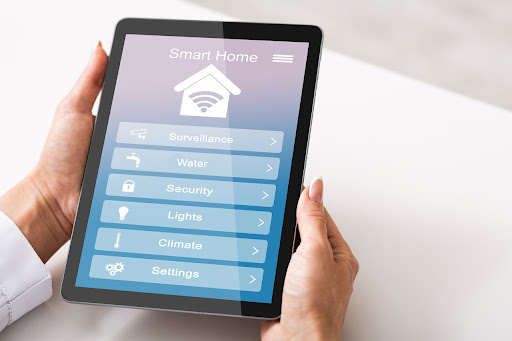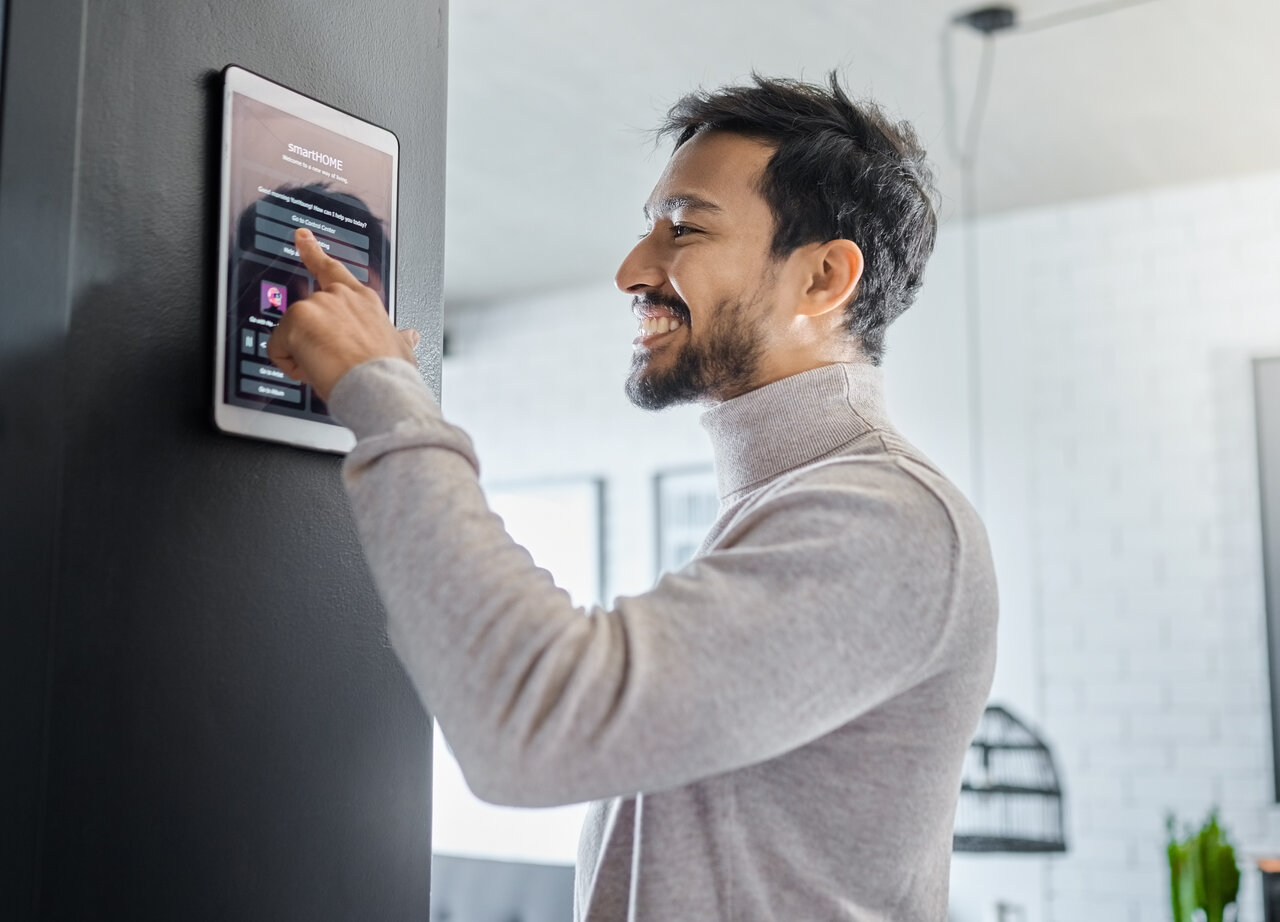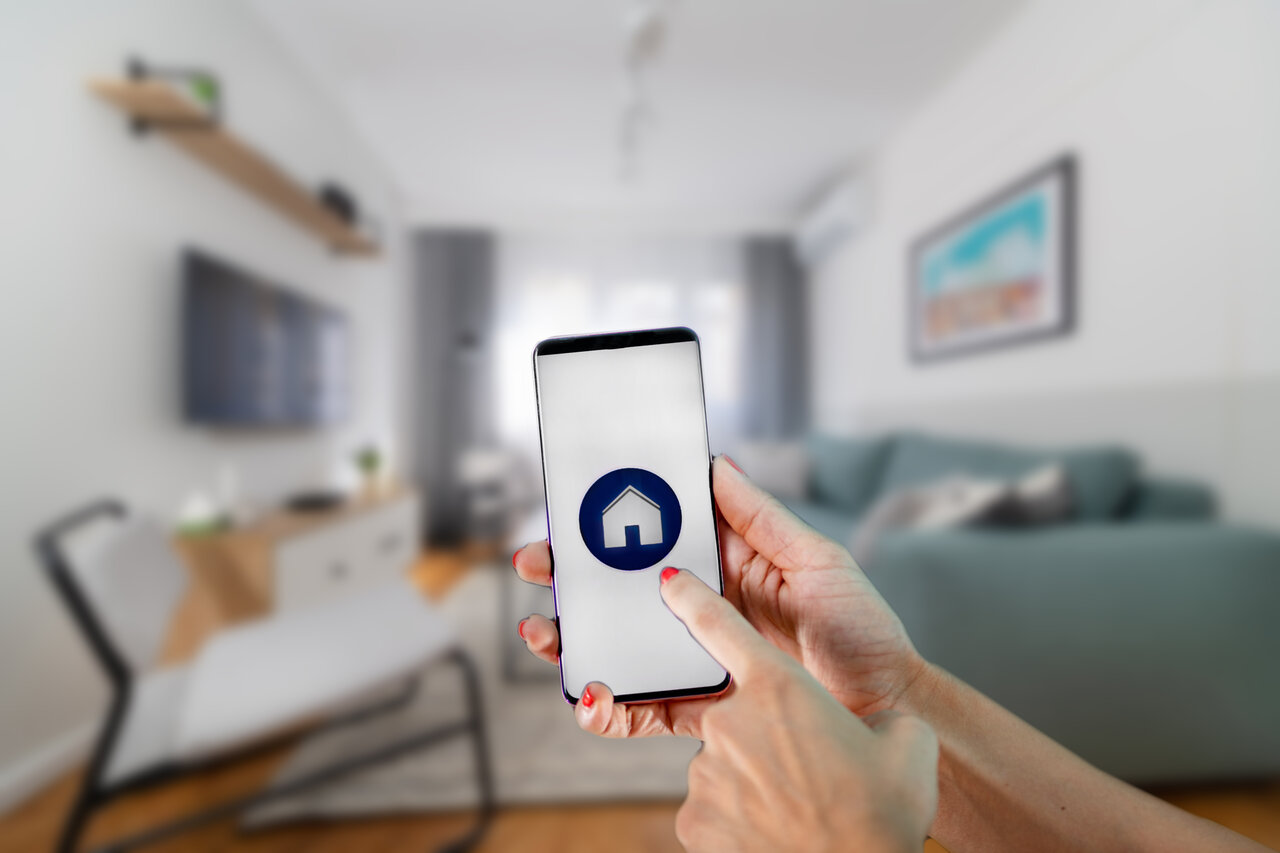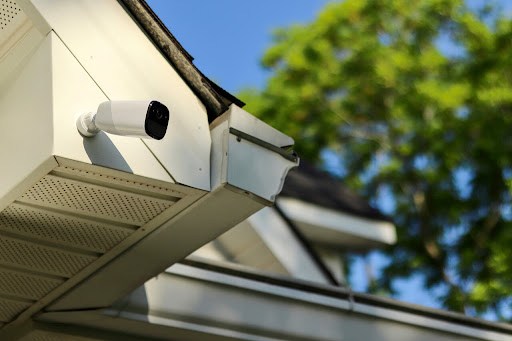
What Security System Is Right For You?
In today’s rapidly evolving world, ensuring the safety and security of our homes, businesses, and loved ones has become more crucial than ever. With advancements in technology, a wide array of security systems are now available to protect our valuable assets and provide us with peace of mind. However, with so many options on the market, choosing the right security system can feel overwhelming and confusing.
Whether you’re a homeowner looking to safeguard your family or a business owner aiming to protect your assets, finding the ideal security system that meets your specific needs and requirements is paramount. This comprehensive guide aims to demystify the world of security systems, empowering you with the knowledge to make informed decisions.
What Do I Need To Know Before Buying A Security System?
Before buying a security system, it is important to assess your security needs and budget. Consider the size and layout of your property, as well as any potential vulnerabilities that may require extra protection. Research different types of security systems and their features, such as alarms, surveillance cameras, and monitoring services.
Additionally, look into the reputation and reliability of the security system provider, and read customer reviews to gauge their level of satisfaction. It is also important to understand the installation process and any ongoing maintenance or fees associated with the system. By taking these factors into consideration, you can make an informed decision and choose a security system that meets your needs and provides peace of mind.
Is It Worth Paying For A Security System?
Yes, it is often worth paying for a security system, as it provides numerous benefits and can be a worthwhile investment. Here are some reasons why paying for a security system is often justified:
- Protection of assets and valuables: A security system helps safeguard your home, belongings, and loved ones. It acts as a deterrent to potential burglars or intruders, as the presence of visible cameras, alarms, or signage indicating a security system can discourage criminal activity.
- Peace of mind: Knowing that you have a security system in place can bring peace of mind. Whether you’re at home or away, you can have confidence in the system’s ability to monitor and protect your property. This peace of mind is invaluable, reducing stress and allowing you to focus on other aspects of your life.
- Quick response to emergencies: Many security systems offer professional monitoring services. In the event of an emergency, such as a break-in or fire, the monitoring center is alerted, and appropriate action can be taken immediately. This swift response can potentially minimize damage, save lives, and increase the chances of apprehending intruders.
- Insurance benefits: Some insurance companies offer discounts on homeowner’s or property insurance premiums when you have a security system installed. The presence of a security system reduces the risk of theft or damage, making you less of a liability to the insurer.
- Remote monitoring and control: Many modern security systems provide remote access through mobile apps or web interfaces. This allows you to monitor your property in real-time, receive alerts, and even control various aspects of the system remotely. This convenience and control add an extra layer of security and flexibility to your daily life.
- Integration with other smart home devices: Security systems often integrate with other smart devices, such as door locks, lighting systems, and thermostats. This integration allows for enhanced automation, convenience, and energy efficiency. For example, you can have your lights turn on automatically when the security system detects motion.
- Enhanced safety features: Security systems can include additional safety features, such as smoke detectors, carbon monoxide detectors, and water leak sensors. These features provide early warnings for potential hazards, helping to protect you and your property from various risks.
It’s important to note that the benefits and cost-effectiveness of a security system can vary depending on your specific circumstances, the type of system you choose, and the level of security you require. However, for most individuals and businesses, the peace of mind, protection, and potential insurance benefits outweigh the cost of investing in a reliable security system.
How To Choose A Home Security System
Choosing a home security system can feel intimidating, but it doesn’t have to be. With the right information and guidance, you can easily find one that fits your needs. Here are some things you should consider when choosing the best security system for you.
Home Size
When it comes to choosing the right home security system for your needs, size matters. If you live in a small apartment or condo, then a basic starter kit with motion detectors and contact sensors may be all that’s required. Alternatively, if you own a larger house with multiple floors, you should consider installing additional components such as video doorbells, smoke alarms, environmental sensors, and glass break sensors. It is important to remember that the bigger your house, the more smart home devices you will need.
Budget
Budgeting for a security system involves considering various factors to determine the appropriate amount you can allocate for this investment. Here are some steps to help you budget for a security system:
- Assess your security needs: Start by evaluating your specific security requirements. Consider the size of your property, the number of entry points, the level of protection you desire, and any specific vulnerabilities you want to address. This assessment will help you understand the scope and scale of the security system you need.
- Research security system options: Explore the different types of security systems available, such as alarm systems, surveillance cameras, access control systems, and smart home integration. Understand the features, functionalities, and costs associated with each option. This research will give you an idea of the price range for different systems.
- Determine your budget range: Review your finances and determine the amount you can comfortably allocate to a security system. Consider factors such as your overall budget, monthly income, and any other financial obligations or priorities. Set a realistic budget range that aligns with your financial capabilities.
- Prioritize security needs: If your budget is limited, prioritize your security needs based on importance. Identify the must-have features and components that are essential for your security requirements. This prioritization will help you make informed decisions about where to allocate your budget within the system.
- Get multiple quotes: Contact different security system providers and request quotes for the desired system. Compare the pricing, packages, and services offered by various companies. Don’t forget to inquire about any ongoing maintenance or monitoring costs that may be associated with the system.
- Consider installation and setup costs: Depending on the type of security system, you may need to factor in installation and setup costs. Some systems require professional installation, while others can be set up as a DIY project. If professional installation is required, consider the associated costs and include them in your budget.
- Evaluate long-term costs: Keep in mind that security systems may have long-term costs beyond the initial purchase and installation. Consider any additional expenses, such as monthly monitoring fees, software updates, equipment maintenance, or cloud storage fees. These ongoing costs should be factored into your budget to ensure you can sustain the system over time.
- Seek potential discounts or incentives: Research if there are any discounts, promotions, or incentives available from security system providers. Some companies offer package deals or special pricing for bundled services. Additionally, check if your insurance provider offers any discounts on premiums for having a security system installed.
- Allocate a contingency fund: It’s a good practice to allocate a small contingency fund in your budget for unforeseen expenses or system upgrades. This will provide flexibility in case you need to address unexpected issues or enhance your security system in the future.
Remember that while it’s important to work within your budget, prioritize quality and reliability when selecting a security system. It’s better to invest in a reputable system that meets your needs, even if it means adjusting your budget or saving up for a little longer. Security is a crucial aspect of your well-being and the protection of your assets, so it’s worth making the appropriate investment.
Important Features
When it comes to thinking about what features are important in your security system, there’s a lot to consider. From flood sensors and security devices to carbon monoxide detectors and outdoor security cameras, the list of available options can seem overwhelming. To help you better understand what’s available, here is a breakdown of some of the most popular features in home security:
- Entry sensors: detect when doors and windows have been opened and can be programmed to send out an alert when these occur, either directly to the user or through a monitoring service.
- Alarm systems: draw attention to an intruder and can also be programmed to detect suspicious activity and integrate with other sensors as active deterrents.
- Cameras: indoor and outdoor cameras allow you to monitor your home, whether you’re at work or somewhere else. They’re designed to record footage constantly or only when triggered by motion.
- Video doorbells: record visitors that approach the entrance with their connected camera, and some higher-end models can even let people communicate through two-way audio or provide emergency alerts if a panic button is pressed in the app.
- Environment sensors: allow people to detect threats that could not be detected through physical means. These sensors have the ability to detect a variety of dangers, such as carbon monoxide leaks, smoke, flooding, and other environmental risks. They even have temperature sensors to detect extreme temperatures that could be dangerous.
Contract Requirements
When you’re looking into getting a security system, it’s important to consider contract requirements. Depending on the company and the type of system being installed, different fees may apply. Activation fees are standard with most alarm companies. Additionally, there will likely be an ongoing monitoring fee, although some companies offer discounts when signing up for longer contracts or purchasing multiple security systems. Before settling on one particular company or product, do your research and compare services si to ensure you’re getting the best protection at the best price for your needs. Don’t forget to factor in all associated fees and inquire about any special offers available!
Smart Home Integration
When it comes to smart home device integration, there are a variety of options that can be incorporated into your security system. Automation devices can be customized depending on the needs of your home. These connected devices allow you to control a wide variety of home features from one convenient hub while also adding an extra layer of protection for your family’s safety.
If you have a strong internet connection and smart home devices already installed in your home, whether it is something as simple as an Amazon Alexa or a more complex system, you should definitely consider integrating a smart security system into your existing smart home setup.
Professional Vs DIY Installation
When it comes to installing a home security system, you have the option of professional installation or a do-it-yourself (DIY) approach. Each method has its own advantages and considerations. Here’s a comparison between professional and DIY installation for home security systems:
Professional Installation
Advantages:
- Expertise and experience: Professional installers have the knowledge, training, and experience to properly install and configure your security system. They are familiar with the best practices and can ensure that the system is set up correctly for optimal performance.
- Time-saving and convenience: Professional installation saves you time and effort. The installer will take care of all the necessary steps, from mounting cameras to running cables and connecting devices. This allows you to focus on other tasks without the hassle of setting up the system yourself.
- System optimization: Professional installers can assess your property and recommend the best locations for cameras, sensors, and control panels to maximize the effectiveness of the security system. They have an understanding of potential vulnerabilities and can provide customized solutions.
- Warranty and support: Many professional installation services come with warranties and ongoing support. If any issues arise with the installation or the system itself, you can rely on the installer to address them promptly.
DIY Installation
Advantages:
- Cost savings: DIY installation eliminates the need to pay for professional installation services, resulting in potential cost savings. You can allocate your budget towards purchasing a higher-quality security system or additional components.
- Flexibility and control: DIY installation gives you full control over the installation process. You can choose where to place cameras, sensors, and other devices based on your specific preferences and needs. You can also modify or expand the system as you see fit.
- Learning opportunity: Installing a security system yourself provides an opportunity to learn about the system’s components, setup procedures, and troubleshooting. This knowledge can be valuable for future maintenance or system upgrades.
Ultimately, the choice between professional and DIY installation depends on your comfort level, technical expertise, budget, and available time. If you prefer a hassle-free experience and want the assurance of professional expertise, opt for professional installation.
Shop For Home Security Systems
The best way to guarantee safety for your family and belongings is to invest in a comprehensive home security system. Sting Security has the mission to offer you state-of-the-art systems while simplifying your life. Programming and training on our systems is included, and even after if you’ve forgotten how to use a function our Sting Support team will always be there to help you.








